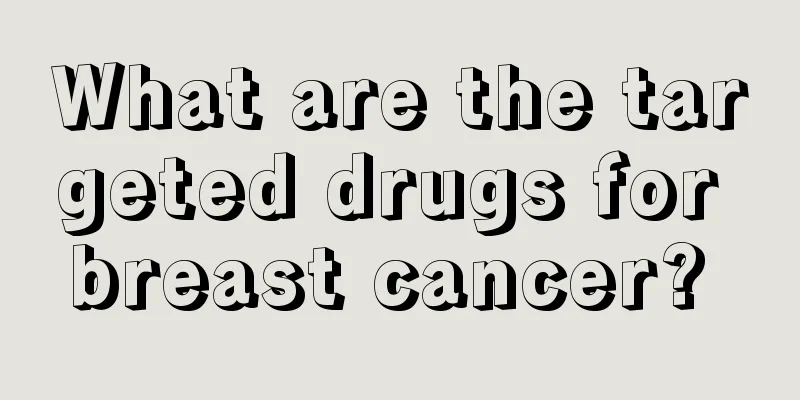What is the reason for pustules on the skin

|
A pustule refers to a raised bag on the skin with pus inside. The color of the pus may be yellow or yellow-green, etc. The pus may contain many bacteria or necrotic cells. In life, many people will develop pustules on their skin, which makes patients very distressed. They don’t know why pustules grow on their skin. Here we introduce some common knowledge about the causes and treatments of pustules. 1. Causes and common diseases Pustules can be divided into bacterial pustules and aseptic pustules according to whether there are bacteria, fungi and other microorganisms in the pus. Bacterial pustules are mainly caused by bacterial folliculitis, acne pustules, furuncles and furunculosis, carbuncles, cellulitis, lymphangitis, pustules formed after bacterial infection of the wound, and pressure sores. It is mainly caused by bacteria or fungi invading the human skin or mucous membranes, which produce local inflammatory reactions, resulting in the appearance of red painful nodules, and then pustules, with local redness, swelling, heat and pain. Pus is a thick or thin exudate formed during the inflammation of body tissues, which contains degenerated and necrotic white blood cells, bacteria, necrotic tissue fragments and exuded tissue fluid. Sterile pustules are mainly formed by the local aggregation of inflammatory cells, together with the collapse of epidermal cells, eosinophils, etc. Common ones include palmoplantar pustulosis, continuous acrodermatitis, herpetiformis pustulosis, subcorneal pustular dermatosis, eosinophilic pustular folliculitis, pustular psoriasis, and acute generalized exanthematous pustulosis. 2. Clinical manifestations Pustules can occur anywhere. Infectious pustules often occur in areas with abundant oil secretion and prone to trauma, such as the face, back, and buttocks. They are scattered and the pustules are the size of grains to mung beans. They are follicular pustules and pustules formed on the tops of papules. The pus is relatively viscous after bursting, and shallow scars are left after healing. Non-infectious pustules often occur in wrinkles, extremities, back, and other areas. Initially, the base is not erythematous, and there are purulent lumps ranging in size from needle tips to mung beans, which are scattered and some merge into pus lakes. After rupture, the epidermis peels off, revealing a bright red base. Some patients have symptoms such as fever, fatigue, and body aches. 3. Treatment principles The treatment of pustules mainly focuses on the treatment of the primary disease and corresponding symptomatic treatment. For infected pustules, treat with local and systemic antibiotics and keep the area clean and dry. For non-infectious pustules, the focus is on treating the primary disease, symptomatic treatment, and appropriate supportive care. |
<<: How to treat pustular rash
>>: What should I do if there is an abscess on my leg
Recommend
What can't prostate cancer patients eat? The following three types of food should never be touched by prostate cancer patients
Most patients develop prostate cancer mainly due ...
What are the symptoms of advanced lung cancer
What are the symptoms of advanced lung cancer? In...
Is it good to drink Isatis root regularly
Isatis root has a certain effect in preventing co...
Common causes of cough after laryngeal cancer surgery
Patients with laryngeal cancer may also experienc...
Does doxolidine injection have any adverse reactions?
Doxolol for injection is mainly used to treat bro...
How much do you know about fibroids
How much do you know about fibroids? Many people ...
A few drops will still flow out after urinating. Here are 5 ways to treat it
Many friends always encounter the phenomenon of a...
What does alkaline urine mean?
pH is generally used to detect the degree of acid...
Is it good to wash your face with cold water in summer
The temperature is high in summer, and people pre...
Swimming exhalation techniques
More and more people will learn to swim, because ...
Does it hurt when pancreatic cancer relapses and you are dying?
Death is a topic that none of us can avoid. Pancr...
How many teeth do children need to replace?
It is normal for children to change their teeth. ...
What symptoms does lung cancer cause? 8 common clinical manifestations of lung cancer
The early symptoms of lung cancer are easily igno...
What are some tips for removing eye bags?
Many friends who often stay up late will definite...
My arm got red and swollen after the vaccination
Children have very poor resistance, therefore, in...









